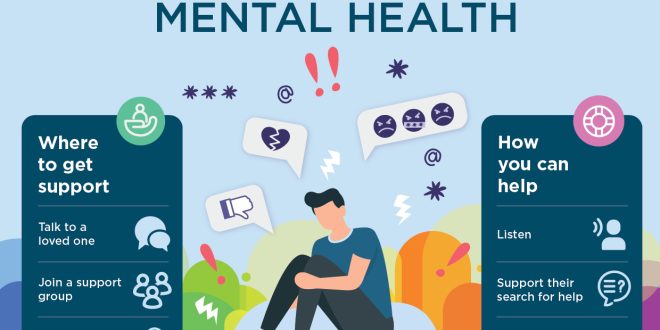Supporting LGBTQ friends in recovery is crucial for their healing journey. Many individuals in this community face unique challenges, such as higher rates of substance use disorders and mental health issues.
Understanding these struggles can make a significant difference in how you offer support.
Encouraging your friends to consider options like lgbtq sober living environments can provide them with safe spaces to grow and heal.
Being there for them emotionally, attending support groups together, and fostering open conversations about their feelings can create a strong support system.
Remember that recovery is a process, and your ongoing encouragement can empower them to make positive changes in their lives.
Understanding Unique Challenges in Recovery
LGBTQ individuals often face unique challenges in recovery that can complicate their journey.
Many experience higher rates of alcohol addiction and substance use disorders compared to the general population. Factors such as discrimination, stigma, and mental health issues can lead to feelings of isolation and despair.
It’s essential to recognize these challenges and approach your friends with compassion and understanding.
By being aware of their struggles, you can create a supportive environment that encourages open discussions about their feelings and experiences. This understanding can make a significant impact on their recovery journey.
Encouraging Open Communication
Open communication is vital when supporting LGBTQ friends in recovery. Creating a safe space for conversations allows your friends to express their feelings without fear of judgment.
Encourage them to share their thoughts on their recovery process, struggles, and victories.
Be an active listener, showing empathy and validation for their experiences. Sometimes, just knowing that someone cares and is willing to listen can provide immense comfort.
Your support can help them feel less alone, empowering them to seek help when needed.
Connecting with Support Systems
Encouraging your LGBTQ friends to engage with support systems can significantly benefit their recovery.
These systems may include support groups, therapy, or community resources focused on LGBTQ issues.
Many addiction treatment centers in Los Angeles offer specialized programs for LGBTQ individuals, recognizing the unique needs of this community.
By exploring local rehab centers in Los Angeles, you can help your friends find resources tailored to their experiences.
Participating in support groups can also help them build connections with others who share similar journeys, further strengthening their recovery efforts.
Exploring Sober Living Options
Finding the right environment is crucial for successful recovery. Consider suggesting a sober living facility near me that specializes in LGBTQ needs.
These facilities provide safe spaces where individuals can thrive without the pressures of the outside world.
Facilities focused on lgbq sober living foster a sense of community and belonging, helping residents connect with peers who understand their challenges.
Researching sober living facilities in Los Angeles can help identify options that cater specifically to LGBTQ individuals, ensuring a supportive and affirming environment for recovery.
Supporting Mental Health
Mental health plays a significant role in recovery for LGBTQ individuals. Many face issues like depression, anxiety, and trauma, which can complicate their healing process. Encouraging your friends to prioritize their mental health is essential.
This may involve seeking professional help, engaging in activities that promote well-being, or practicing self-care. Being proactive about mental health can significantly enhance their recovery experience.
Familiarizing yourself with mental health resources and addiction treatment centers in Los Angeles can provide additional support for your friends as they navigate their recovery journeys.
The Role of Experiential Therapy
Experiential therapy can be an effective tool in the recovery process for LGBTQ individuals.
This therapeutic approach encourages clients to engage in creative activities like art, music, or drama to express their feelings and experiences.
These activities provide an outlet for emotions that may be difficult to articulate verbally.
By incorporating experiential therapy into their treatment plans, LGBTQ individuals can explore their identities and heal from past trauma.
Discussing this option with your friends can help them discover new ways to process their experiences and enhance their recovery journey.
Supporting LGBTQ friends in recovery is essential for their well-being and healing. By understanding their unique challenges and encouraging them to explore options like lgbtq sober living, you can make a meaningful difference in their lives.
Facilities such as Rainbow Hill Recovery offer valuable resources tailored to this community, ensuring they receive the support they need.
If you or someone you know is seeking help, call us for more information and take the first step toward a brighter future together.
 Posting Point
Posting Point

